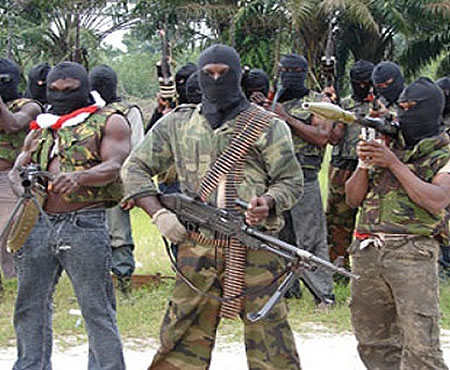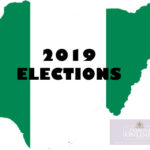In the North, the exertion of Boko Haram which has destroyed millions of lives in the region cannot be ignored. The insecurities in Kaduna, Zamfara, and Borno states are disturbingly getting out of control. Taking it to the East, the frequent kidnapping by criminals and the unrest created by IPOB remain a dangerous trend. In the South south, the activities of the Niger Delta militants are sources of concern. One of the major challenges that have constrained development in Nigeria is the superiority contest among these ethnic militias.
ALSO READ: Why $322.5 Abacha loot is disbursed to poorest Nigerians ― AGF
The presence of violence expressed between these groups have seriously affected not only peace and security but also undermined and weakened the country’s national development. Also, the violent conflicts with security personnel and the deliberate destruction of public properties by insurgency seriously undermine the safety of lives and properties of the people, and infuse fear and sense of insecurity on the majority. These have negatively affected the development of the Nigerian state.
Nigerian as a developing country has in recent times been at the receiving end of frequent rise of ethnic militias. It has been pointed that this has also been a huge challenge in a significant number of African and Asian countries seeking to migrate from the stage of electoral politics to the consolidation of democracy.
The weight of confirmation shows that democratic openings have often annoyed ethnic and communal tensions in divided societies. It is now at the back of every citizen’s mind that we live today in an era of militant ethnicity with its grave social, economic, political and human costs because of the challenges facing the state.
Without any question, the move towards ethnic national self-determination, in whatever form it clearly shows itself, is the maximum challenge facing the security of the Nigeria. The weight of the killing of many people by these militant groups is better imagined than experienced. Agitating youths boldly overrun state security squads, scour police stations and overtake the streets for days. An order or law that requires people to be indoors are inflicted from time to time while embattled civil authorities resort to shoot-on-sight orders to quell riots and restore order in the volatile Nigerian urban communities.
The sudden increase in ethnic militias ironically seems to be what unifies Nigerians against the excesses of the state after many years of malicious rule. Generally, Nigerians do not have faith in their government. Common to these militant groups are the attributes of the use of violence, a preponderance of youth membership, ethnic identity affiliations, and movements of a basically pronounced and well-known nature. The Federal Government and relevant agencies including the citizenry have roles to play in ending this.
Okanlawon Uthman, okanlawonuthman@yahoo.com






